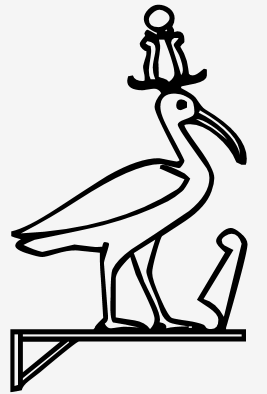546 (13 · 7 · 3 · 2)
- αἰτεῖσθαι (aiteisthai) – to ask for, beg for; desire; demand; claim; to be asked
- ἄμεμπτοι (amemptoi) – blameless (ones)
- ἀρκετόν (arketon) – sufficient; satisfactory; enough
- Γαλατίας (Galatias) – of Galatia (1 Corinthians 16:1)
- δαπανήσασα (dapanēsasa) – (one) having spent; consumed, used up; destroyed; exhausted
- δράκοντα (drakonta) – dragon, serpent; the constellation Draco
- ἐπόπται (epoptai) – overseers, watchers; spectators; inspectors; those admitted to the highest grade of the mysteries
- ἡ κίστη (hē kistē) – the basket; that which holds the sacred objects in the Eleusinian Mysteries
- ἡ κυρίη (hē kuriē) – the authority, power; possession, control
- ἡ πίλησις (hē pilēsis) – the compression of wool or felt (Plato Laws 849c); compression, solidification, contraction
- καθέλοιμι… σελήνην (katheloimi selēnēn) – that I might draw down the moon (Aristophanes Clouds 750)
- καθίσατε (kathisate) – (you all) sit! (Matthew 26:36)
- κράββατον (krabbaton) – couch, mattress, pallet
- λείποντα (leiponta) – (things that are) wanting; leaving; missing
- παραδείγματα (paradeigmata) – patterns, models; precedents, examples; lessons, warnings, arguments; paradigms
- παύειν (pauein) – to make to stop, bring to an end, check; to stop, abate; to hinder
- τὸ ἐπίβλημα (to epiblēma) – that which is thrown over; the covering, head-covering, tapestry, patch, bandage
